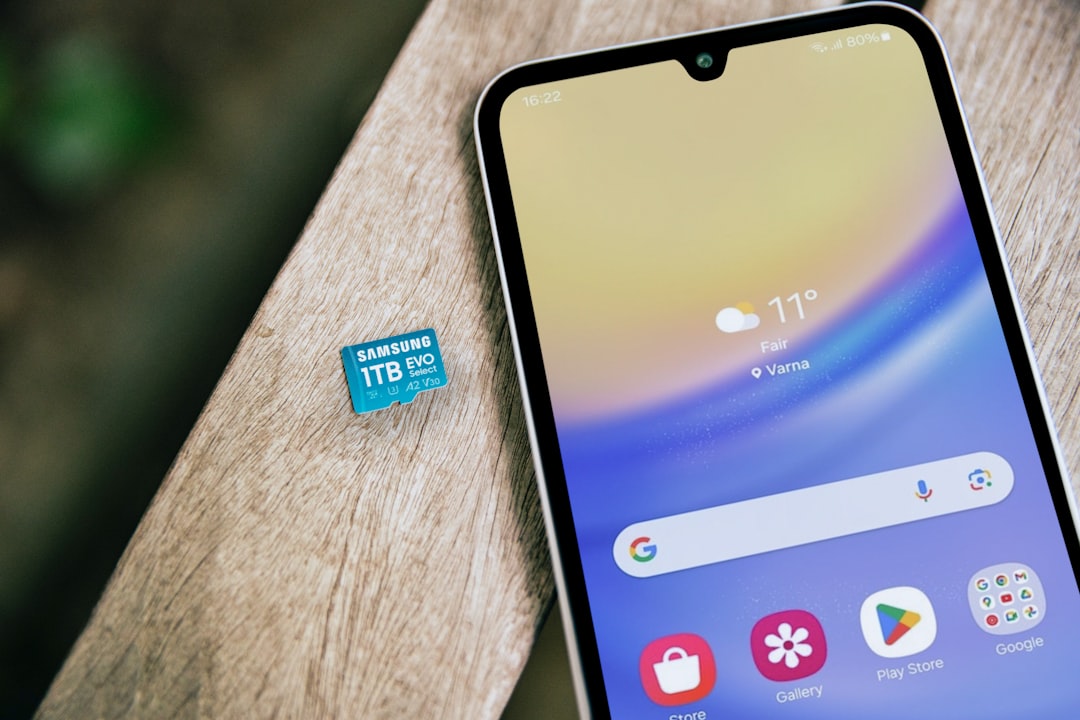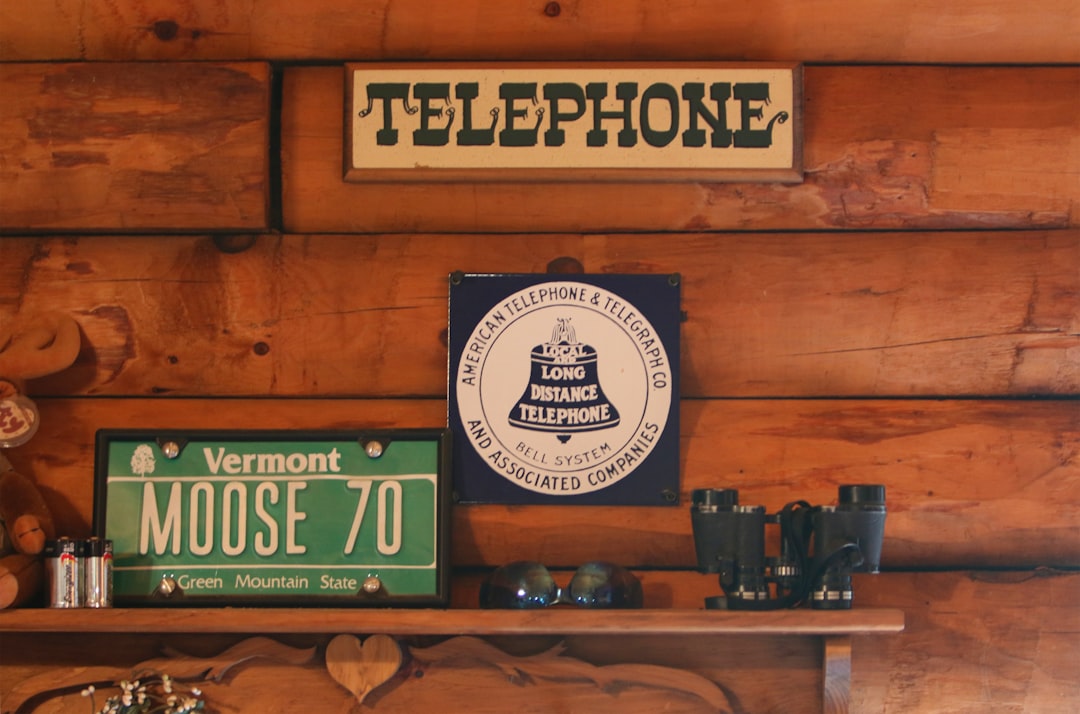Unwanted calls, or robocalls, have reached epidemic levels in Idaho, leading to resident frustration. In response, Idaho has enacted the Telephone Consumer Protection Act (TCPA), a law designed to curb automated telemarketing and empower individuals to block nuisance calls. Unwanted call law firms in Idaho specialize in navigating these regulations, protecting consumers from abusive practices, and providing legal action against disregarding companies. With advanced call blocking systems and software, Idaho residents can reclaim peace of mind. Businesses must enforce robust do-not-call measures, while consumers can enroll in 'do not call' registries and use blocking apps to contribute to a peaceful communication landscape.
In Idaho, as across the nation, unwanted calls from telemarketers and automated systems have become a persistent nuisance. These relentless calls not only disrupt daily life but also contribute to heightened stress levels and potential privacy invasion. This article delves into the multifaceted issue of unwanted calls in Idaho, exploring their impact, the rise of automated dialing technologies, and most importantly, how technology is revolutionizing call blocking and screening methods. We also dissect relevant unwanted call law firms in Idaho and best practices for businesses and consumers to mitigate this growing concern.
Understanding Unwanted Calls and Their Impact in Idaho

Unwanted calls, often referred to as telemarketing or robocalls, have become a significant nuisance in Idaho, much like across the nation. These automated phone calls, usually promoting products or services, can be relentless and intrusive, leading to frustration among residents. The impact extends beyond mere annoyance; excessive unwanted calls can cause stress, disrupt daily routines, and even affect mental well-being.
In response to this growing concern, Idaho has implemented an Unwanted Call Law, also known as the Telephone Consumer Protection Act (TCPA), which grants consumers more control over their phone lines. This law restricts certain types of automated telemarketing calls and provides residents with tools to block unwanted calls from specific sources. By raising awareness and empowering individuals, these measures aim to create a quieter, more peaceful communication environment in the state.
The Rise of Automated Dialing Systems and Telemarketers

In recent years, the landscape of telemarketing has undergone a significant transformation with the rise of automated dialing systems. These advanced technologies allow for high-volume, automated calls to be made in a fraction of the time it would take human operators, making them a popular choice among businesses looking to expand their reach. However, this shift has also led to an increase in unwanted calls, causing concern among residents in Idaho and across the nation. Many consumers find themselves deluged with calls from telemarketers, often using aggressive tactics to push products or services.
The proliferation of automated dialing systems has made it easier for unscrupulous actors to target potential customers en masse. This influx of unsolicited calls not only disrupts daily life but also raises significant privacy concerns. As a result, Idaho, like many other states, has implemented the Telephone Consumer Protection Act (TCPA) and related regulations to curb abusive telemarketing practices. Unwanted call law firms in Idaho play a crucial role in navigating these complex laws and ensuring businesses comply, thereby providing much-needed relief to residents plagued by excessive and intrusive calls.
Legal Frameworks: Unwanted Call Laws in Idaho

In Idaho, the fight against unwanted calls is governed by state and federal laws designed to protect consumers from nuisance phone calls. The Telephone Consumer Protection Act (TCPA) at the federal level sets strict guidelines for automated telephone marketing, including restrictions on prerecorded messages and do-not-call lists. These rules are enforced by the Federal Trade Commission (FTC), which can levy significant fines against violators.
At the state level, Idaho has its own set of regulations aimed at curbing unwanted calls. The Idaho Unwanted Call Law firms with expertise in these laws play a crucial role in helping consumers navigate their rights and options. These law firms offer guidance on how to file complaints, understand do-not-call registrations, and take legal action against companies that ignore the state’s guidelines. By leveraging these legal frameworks, residents of Idaho can reduce the number of unsolicited calls they receive and enjoy greater peace of mind.
How Technology is Transforming Call Blocking and Screening

Technology has fundamentally transformed how we interact with unwanted calls, offering innovative solutions to combat nuisance phone calls in Idaho and beyond. Advanced call blocking and screening systems have emerged as powerful tools, empowering individuals to take control of their communication. With sophisticated algorithms, these technologies can intelligently identify and block calls from known spammers and fraudulent sources, significantly reducing the volume of unwanted interactions.
Call screening software has also evolved to become a game-changer in consumer protection. Using automated voice recognition and advanced analytics, these systems analyze incoming calls, allowing users to make informed decisions before answering. This technology enables residents of Idaho to quickly identify potential scam attempts or nuisance calls from law firms or other organizations, ensuring they remain protected and informed.
Best Practices for Businesses and Consumers to Combat Unwanted Calls

In the battle against unwanted calls, both businesses and consumers play vital roles. For businesses, implementing robust do-not-call measures is essential. This involves obtaining explicit consent from clients and prospects, maintaining up-to-date contact lists, and adhering to state and federal regulations, such as the Unwanted Call Law firms Idaho enforce. Regularly reviewing and updating calling scripts and training employees on compliance can significantly reduce intrusions.
Consumers, too, have tools at their disposal. They can register with national ‘do not call’ registries and utilize apps or services that block or identify unwanted calls. Staying informed about their rights under the law empowers them to take proactive measures. Together, these best practices foster a more harmonious and less disruptive communication environment for all parties involved.






